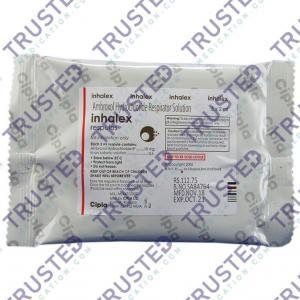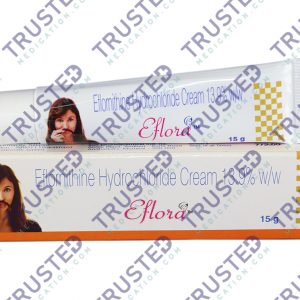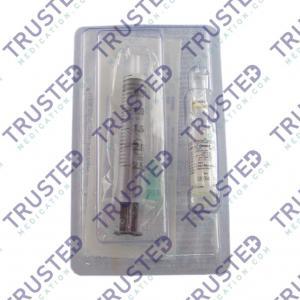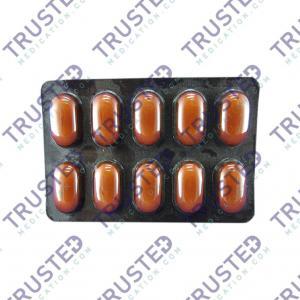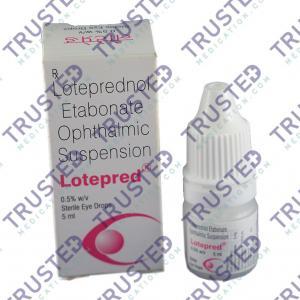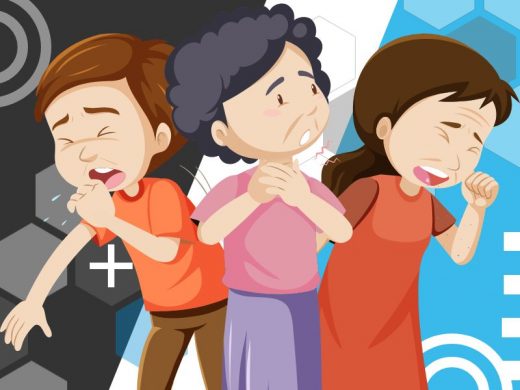
Allergic Rhinitis, also known as hay fever, is an allergic reaction that results in sneezing, congestion, and an itchy nose accompanied by a sore throat. Pollen, pet dander, mold, and insects can lead to hay fever symptoms. You can find relief with lifestyle changes, allergy medications, and immunotherapy.
Symptoms of Allergic Rhinitis

- Sneezing
- Stuffy nose
- Runny nose
- Itchy nose
- Coughing
- Scratchy and sore throat
- Watery and itchy eyes
- Dark circles under the eyes
- Persistent headaches
- Eczema-type symptoms
- Itchy skin that can blister and weep
- Hives
- Fatigue
What Causes Allergic Rhinitis?
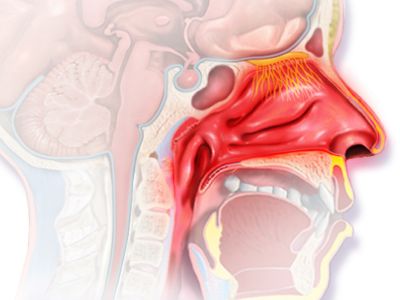
Allergic Rhinitis is due to your immune system viewing allergens as dangerous substances invading the body. It causes your immune system to overreact and floods your bloodstream with chemicals like histamine and leukotrienes. As a result, it causes inflammation in the lining of nasal passages, eyelids, and sinuses.
Allergic Rhinitis has two types, these are:
- Seasonal Allergic Rhinitis. It occurs during the spring and fall seasons. The typical allergens are pollens.
- Perennial Allergic Rhinitis. It can occur year-round or at any time during the year. Perennial Allergic Rhinitis is the body’s response to dust, mites, and pet dander allergens.
The Risk Factor of Allergic Rhinitis
- Genetics. Allergies often run in families and, it increases your parents have a similar condition.
- Health problems. Havings asthma, food allergies, and eczema increase your risk of allergic Rhinitis.
- Age. Allergic Rhinitis is typical in children. Some cases do not last as you get older.
- Job/environmental risk factor. The environment you are in may also trigger Allergic Rhinitis due to the dust, dander, chemicals, food and spices, mites, and outdoor fumes.
How to Diagnose Allergic Rhinitis?
Your doctor will perform a physical assessment to determine your health history and allergies. A skin prick test is a typical process to determine your allergy. Your doctor places several substances onto your skin to see how your body reacts to each one. Blood testing also helps in measuring the antibodies to particular allergens in your blood.
Treatment for Allergic Rhinitis
Avoiding the trigger can help in treating allergic Rhinitis. You can also use topical medications to reduce allergy-related adverse effects. Talk to your doctor before trying any new treatment measure for Allergic Rhinitis. You can also use OTC products, nasal sprays, and other solutions. Ensure to finish the treatment to avoid worsening the conditions. Typical treatment medications are:
- Antihistamines
- Decongestants
- Nasal spray
- Gel and creams
- Eye drops
- Immunotherapy shots
- Alternative medicines



